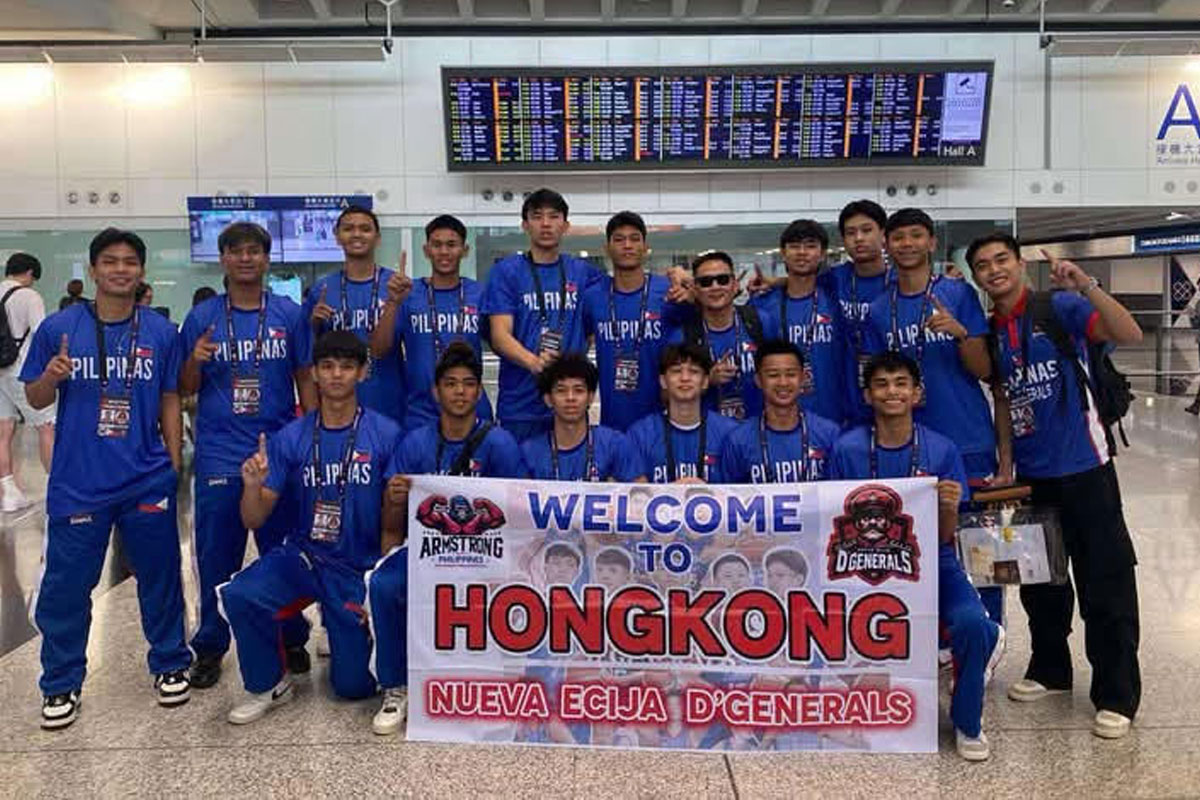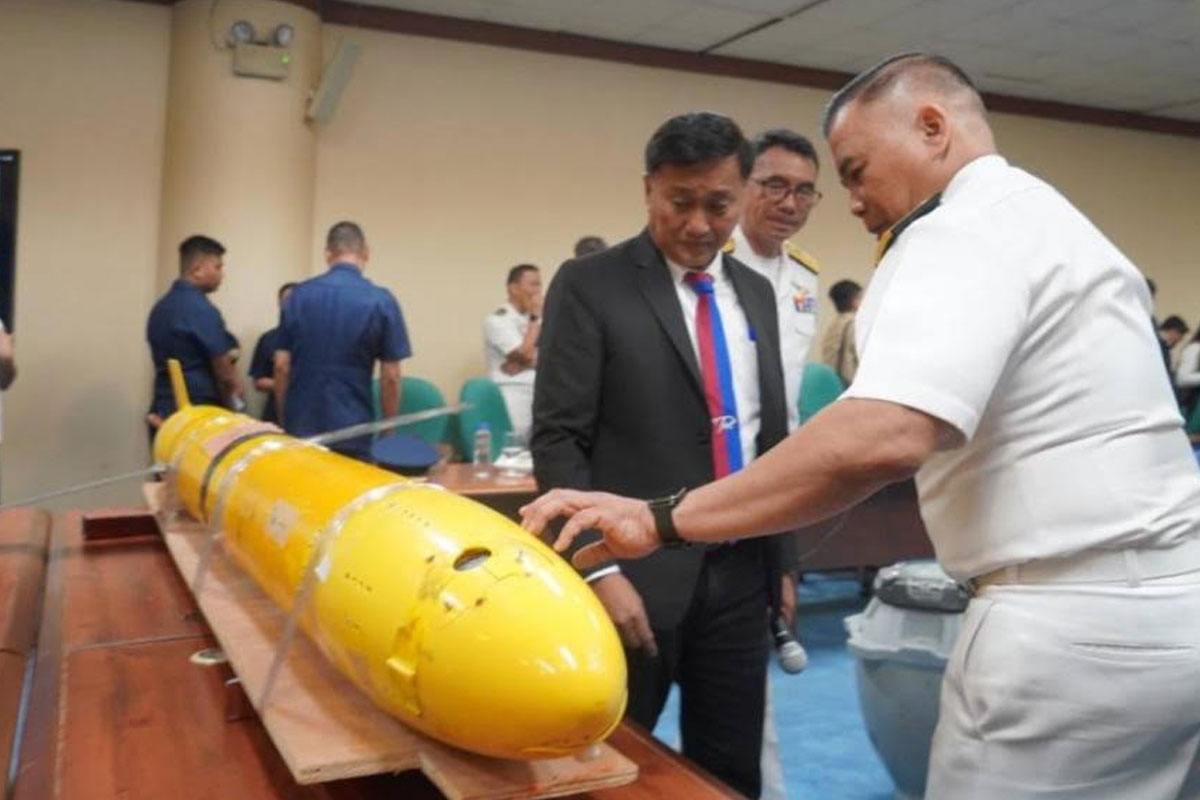
Questions about menacing POGOs that need answers
I’M saying this in the wake of the very big possibility that Philippine Offshore Gaming Operators or POGO hubs in the country may harboring not only wanted foreigners but also spies and terrorists as well.
Several security experts told me the recent raids on POGO facilities inside Clark Freeport Zone in Pampanga and Las Piñas City where a number of Chinese and Taiwanese nationals wanted in their homelands for various criminal offenses should serve as an ‘eye-opener’ to the government.
Those raids also left a number of questions which are yet to be answered. They include the following: Who are the government connections of POGO operators who allowed their facilities to be converted to online scam hubs? In short, who are their protectors?
Who are the public officials earning money from POGO operators who have branched out into illegal activities such as Love Scams, Illegal Online Casinos, Cryptocurrency, Phishing, human trafficking and other illegal online activities?
Who are the officers of law enforcement agencies who reportedly ‘raided’ some POGO hubs in the past but did not make any official report on arrests and seizures?
Is it true that in one incident, a small group of law enforcement agents outside PNP ‘raided’ the Las Piñas City POGO hub — which houses thousands of foreign and Filipino employees — and left afterwards as if nothing happened? In contrast, around 1,000 policemen were involved in the raid at the same facility.
Who are the persons acting as ‘negotiators/middlemen’ each time an illegal POGO facility gets raided? Who are the persons holding on to the passports of the foreign nationals working in these illegal facilities? If we Filipinos guard our passports with our lives when we are abroad, why are these foreigners being stripped of their passports by their POGO employers?
Are concerned officials failing in their job to check what’s really happening inside POGO hubs where thousands of people are working everyday? Considering that these facilities are heavily-guarded and off-limits to unauthorized persons, how do we check if something fishy inside is already going on?
What happened to the cases of human trafficking in relation to cybercrime, serious illegal detention and kidnapping and violation of immigration laws filed before the Department of Justice against seven Chinese, four Indonesians and a Malaysian arrested during a raid at the Colorful and Leap Group located at the Clark Freeport Zone last May?
What happened to the human trafficking victims of the firm which include citizens of Vietnam, China, Indonesia, Nepal, Malaysia, Myanmar, Thailand, Taiwan and Hongkong who were reportedly forced under strict conditions to work up to 18 hours, luring customers to buy cryptocurrency from the company or entice them into a romantic relationship so the women could extract money
These are some of the questions in my mind which need answers from authorities. As early as this year, PBBM, according to Press Secretary Cheloy Garafil, is closely watching POGOs in the country. He expects the Philippine National Police to act on untoward incidents involving POGO operations.
During a press briefing in Malacañang, Undersecretary Garafil was asked if there’s a directive from President Marcos on the POGO industry considering the controversies surrounding its operations. Her answer: “Of course, the President is closely monitoring this. And as far as the President is concerned, ang PNP po ang in-charge dito sa usapin na ito.”
In September last year, some senators said they are supporting a plan to ban POGOs in the country. Senate President Migz Zubiri even said there’s a need to weigh the social costs of POGOs against the ‘meager income’ of P3 billion the government gets annually from them.
How much do we really earn or lose in the event POGOs are allowed to continue their operations or shut down permanently by the government? The Finance department had said the country stands to lose about P65 billion in taxes and other licenses if all POGOs will pack up and leave.
However, are POGOs really paying the right tax to the government? Amid reports that workers in the two raided facilities scam an average of $1,000 a day from unsuspecting victims abroad, how much do they earn in a day?
However, some friends did a simple arithmetic and told me that if only 1,500 ‘employees’ of the two raided companies would earn $1,000 a day, that means they could earn $1.5 million a day or roughly P75 million or around $45 million a month or nearly P2.5 billion a month. It’s really a multi-billion dollar business and we’re only talking of a single company’s earnings here.
I expect the PNP Anti-Cybercrime Group headed by Brigadier General Sydney Hernia to fully explain their side to DOJ Secretary Crispin Remulla who has made a number of accusations against the police force in the aftermath of the Las Piñas City raid.
Prior to that, PNP chief, General Benjie Acorda said he has instructed the PNP intelligence community to monitor POGO hubs where illegal activities like human trafficking, kidnapping and cyber-crime are taking place. Foreign fugitives may be hiding in these POGO centers too.
Brig. Gen. Hernia said he has already talked with PAGCOR officials led by chairman Alejandro Tengco. He suggested the need to closely monitor and inspect POGO hubs across the country. The surprise inspections must be conducted by officers from PAGCOR, the PNP-ACG, the Bureau of Immigration and concerned local government units and other agencies.


























